Canada has a global reputation for calm politics, sensible institutions, and a level-headed public. But beneath that image are moments that shook the country, rattled trust, or sparked debates that lasted years. Some scandals unfolded quietly and spiralled unexpectedly; others exploded into national headlines and became cultural touchpoints. Here are 17 scandals we still can’t believe actually happened here.
The Sponsorship Scandal (Early 2000s)
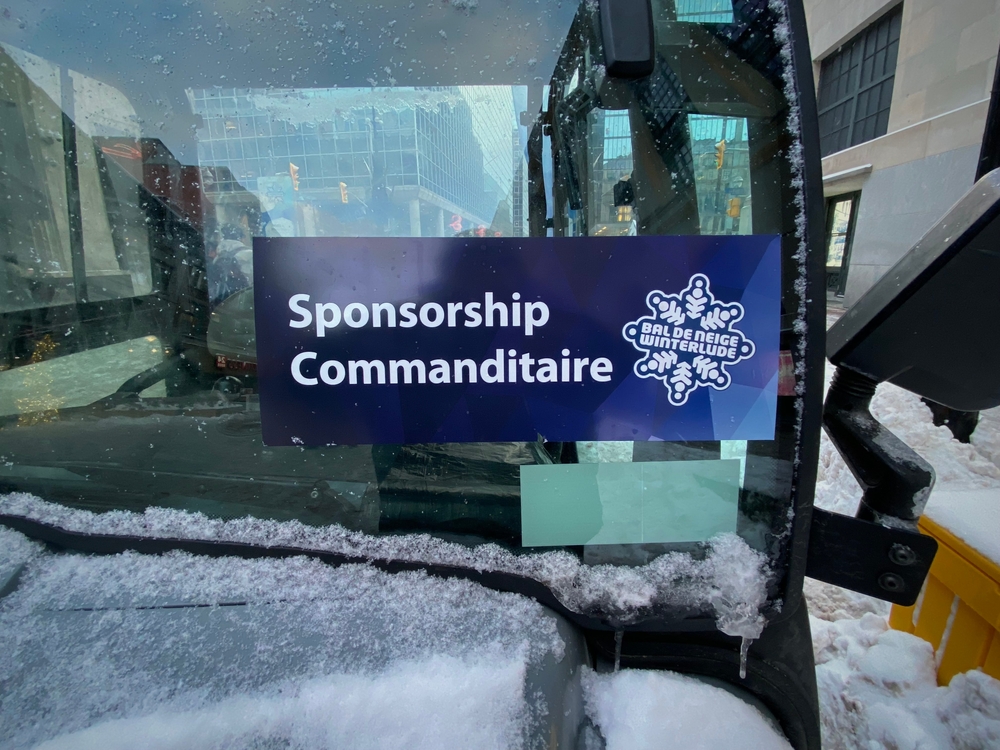
Few events rattled Canada’s political identity like the Sponsorship Scandal. What began as a federal program meant to promote Canadian unity in Québec morphed into a web of mismanagement, inflated contracts, and improper payments funnelled through select advertising firms. The revelations — uncovered through audits, whistleblowers, and the Gomery Inquiry — triggered national outrage and undermined faith in federal institutions. It reshaped how Canadians viewed accountability, campaign messaging, and party leadership. The fallout contributed to a major shift in federal politics and became one of the most defining scandals in modern Canadian history.
SNC-Lavalin and the Political Firestorm (2019)
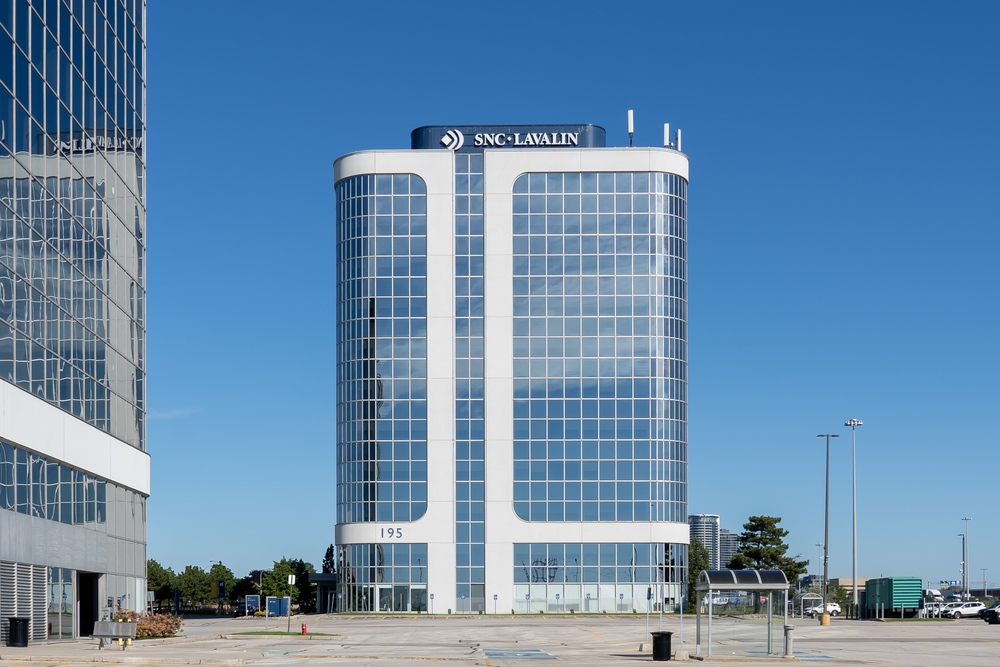
What began as a corporate corruption case evolved into one of Canada’s most heated political controversies. SNC-Lavalin, a Montréal-based engineering giant, faced charges of bribery related to international contracts. The scandal intensified when allegations surfaced that senior government officials pressured the attorney general regarding the prosecution’s handling. The political fallout was massive: cabinet resignations, parliamentary testimony, intense media scrutiny, and a national debate about independence within Canada’s justice system. The controversy blurred the lines between legal process and political influence, raising questions that lingered long after.
The Maple Leaf Foods Listeria Outbreak (2008)
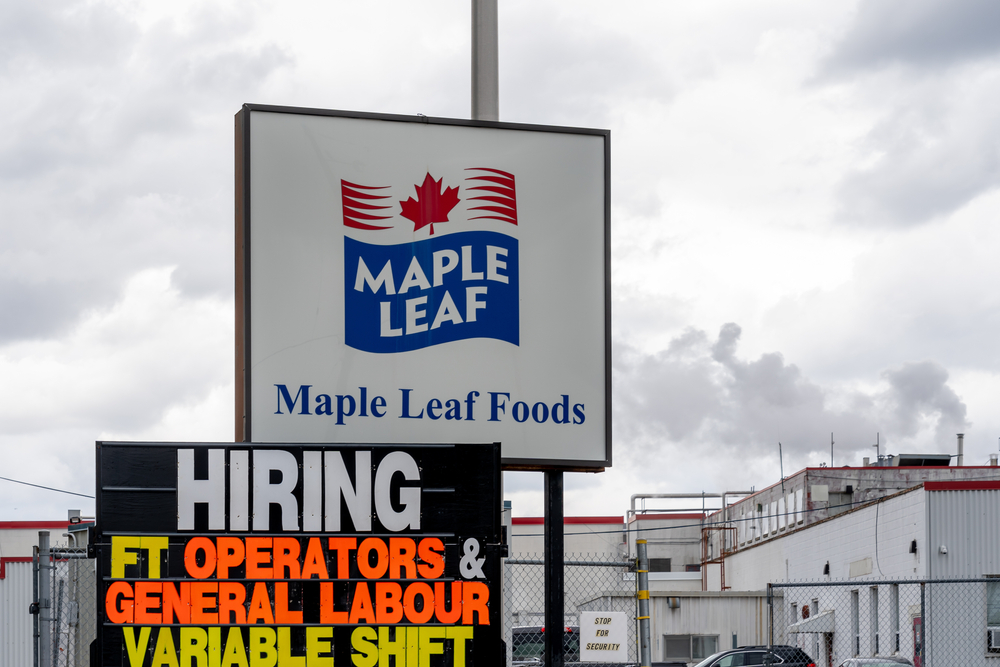
In 2008, a listeria outbreak linked to Maple Leaf Foods’ ready-to-eat meats resulted in multiple deaths and widespread illness across Canada. The scandal wasn’t only the contamination itself — it was the sudden collapse of trust in a brand known for safety. Canadians were stunned by how quickly a routine product became a national health crisis. The company’s president publicly apologized, but the incident sparked sweeping reviews of food-safety regulations, supply-chain oversight, and processing-plant protocols. For many, the outbreak became a turning point in how Canadians viewed corporate responsibility and transparency in the food industry.
The Phoenix Pay System Disaster (2016)
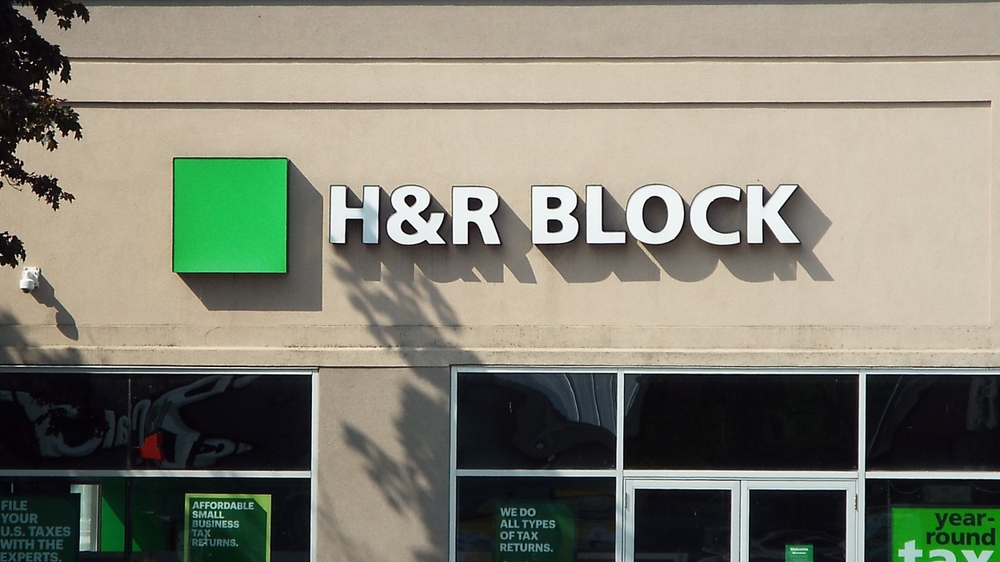
A payroll system meant to modernize federal compensation instead became one of the most expensive public-sector failures in Canadian history. Launched in 2016, the Phoenix system repeatedly underpaid, overpaid, or failed to pay thousands of public servants. Employees faced financial hardship, tax complications, and months-long delays, while government departments scrambled to stabilize the system. Despite years of fixes and billions spent, the scandal persisted far longer than anyone imagined. What shocked Canadians most was how a system so critical could malfunction so dramatically at a national scale.
The Laval “Construction Mafia” Exposés (2012–2015)
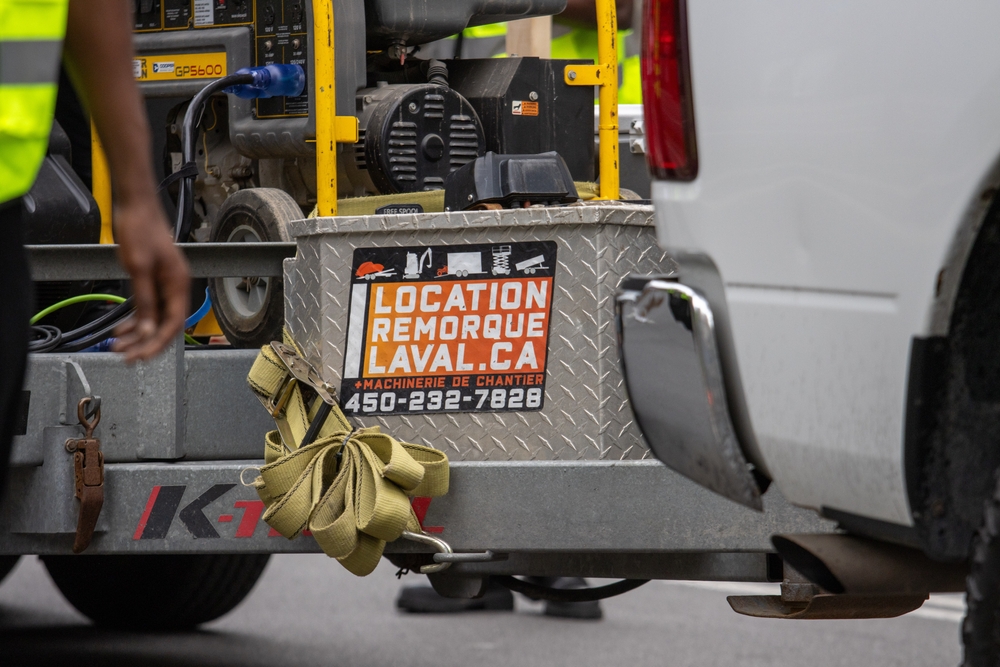
The Charbonneau Commission pulled back the curtain on corruption in Québec’s construction industry, revealing bid-rigging, kickbacks, and deep ties between contractors, civil servants, and organized crime. Canadians were stunned by the scale and sophistication of the schemes, which included inflated invoices, collusive networks, and favouritism that persisted for years. The inquiry exposed systemic weaknesses in procurement processes and sparked major reforms in municipal governance and contract oversight.
The WE Charity Political Controversy (2020)
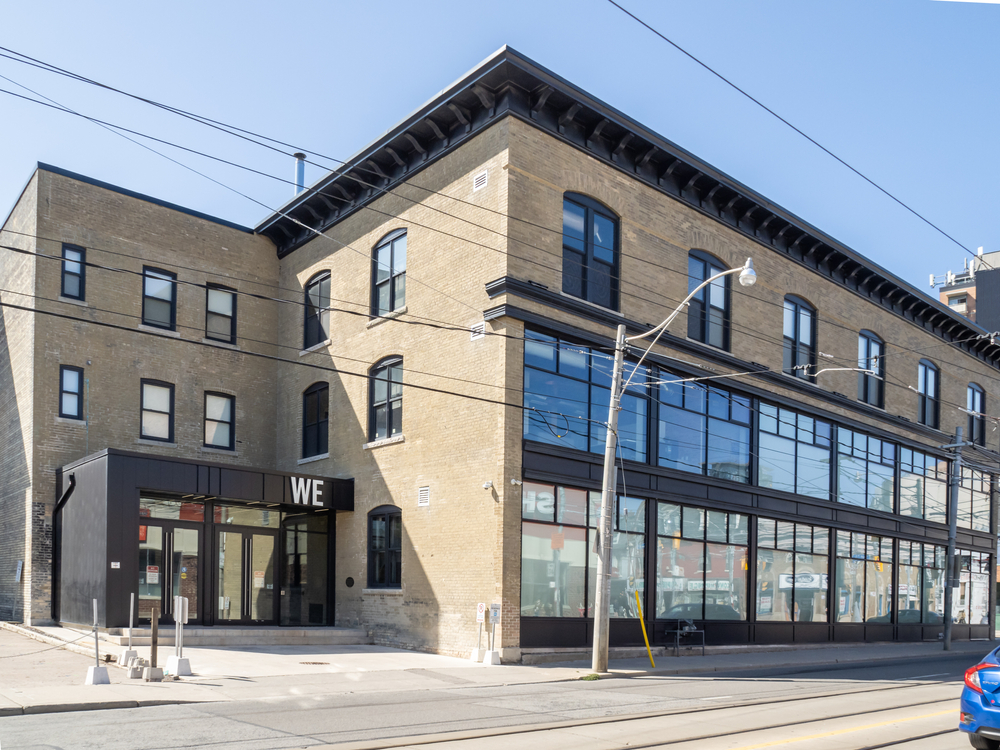
The WE Charity scandal erupted when the federal government awarded the organization a major student-grant contract, followed by revelations about close ties between political figures and the charity. The controversy led to intense public scrutiny, parliamentary investigations, and the eventual cancellation of the program. The fallout extended beyond politics — it impacted donors, volunteers, and the charity’s reputation. For many Canadians, the scandal highlighted issues surrounding conflict of interest, transparency in program awarding, and the blurred lines between public service and private partnerships.
Vancouver’s Casino Money Laundering Revelations (2010s)
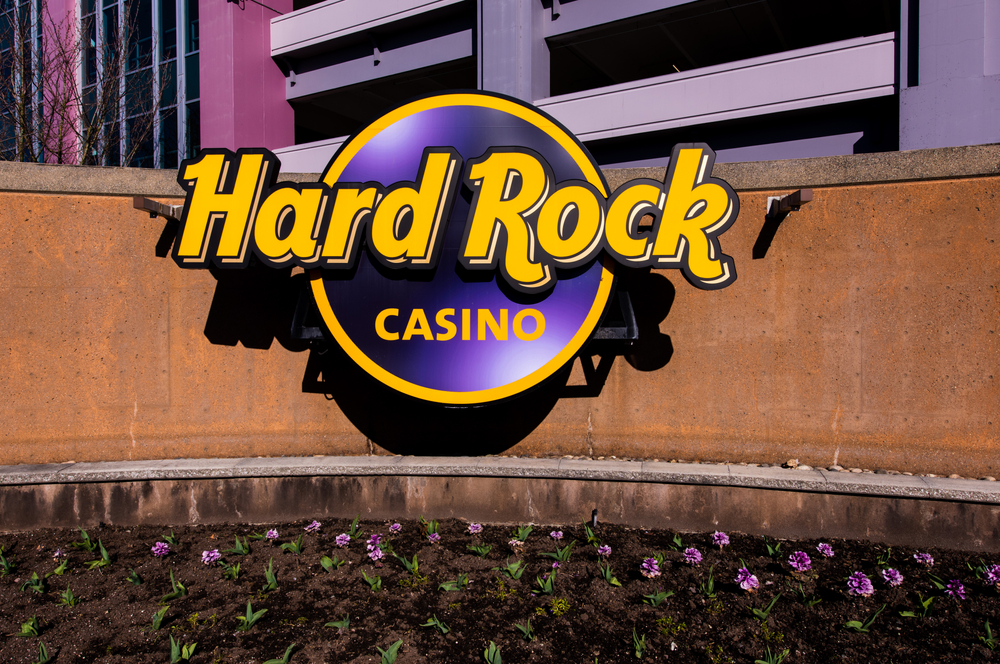
A series of investigations revealed widespread money laundering flowing through B.C. casinos, with suitcases of cash allegedly being accepted without adequate controls. The scale shocked Canadians, especially given B.C.’s reputation for strict oversight. The scandal exposed vulnerabilities in financial-monitoring systems and revealed connections between organized crime and real estate speculation. The revelations triggered inquiries, policy changes, and major reforms within the gaming sector. For a country often praised for transparency, the idea of large-scale laundering happening so openly felt almost unbelievable.
The Tim Hortons Franchisee Wage Controversy (2018)
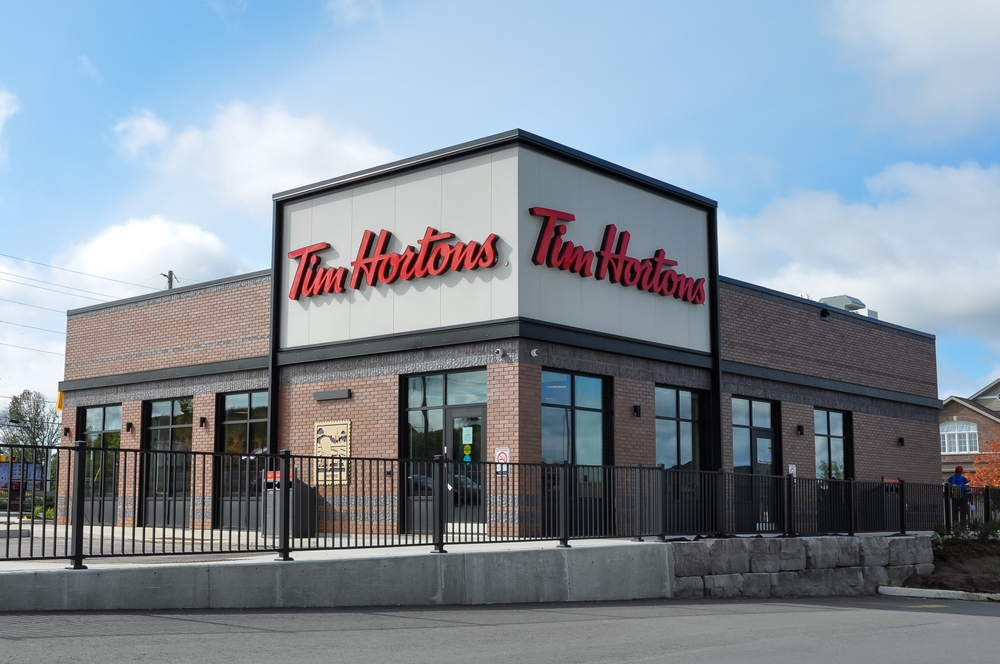
When Ontario raised its minimum wage, several Tim Hortons franchisees — including some connected to the chain’s founding families — responded by cutting paid breaks, reducing benefits, and shifting costs onto employees. The backlash was immediate and intense. Canadians were stunned that a brand so intertwined with national identity would be associated with such practices. Boycotts erupted, politicians weighed in, and the scandal sparked a national discussion about labour rights, franchise models, and corporate responsibility. Tim Hortons eventually distanced itself from the franchisees involved, but the incident left a mark.
The Vancouver Real Estate Shadow-Flipping Scandal (2015–2016)

Vancouver’s already overheated housing market exploded into full scandal mode when investigations revealed widespread “shadow flipping.” Realtors were assigning home-purchase contracts multiple times before closing, inflating prices with every flip and collecting commissions repeatedly. Houses changed hands on paper without ever being lived in, while locals were priced out of their own city. The revelations triggered outrage across B.C., exposing loopholes in contract law, reporting requirements, and industry oversight. The government responded with reforms, including new taxes and disclosure rules.
The Ottawa Senators Uber Conversation Leak (2018)
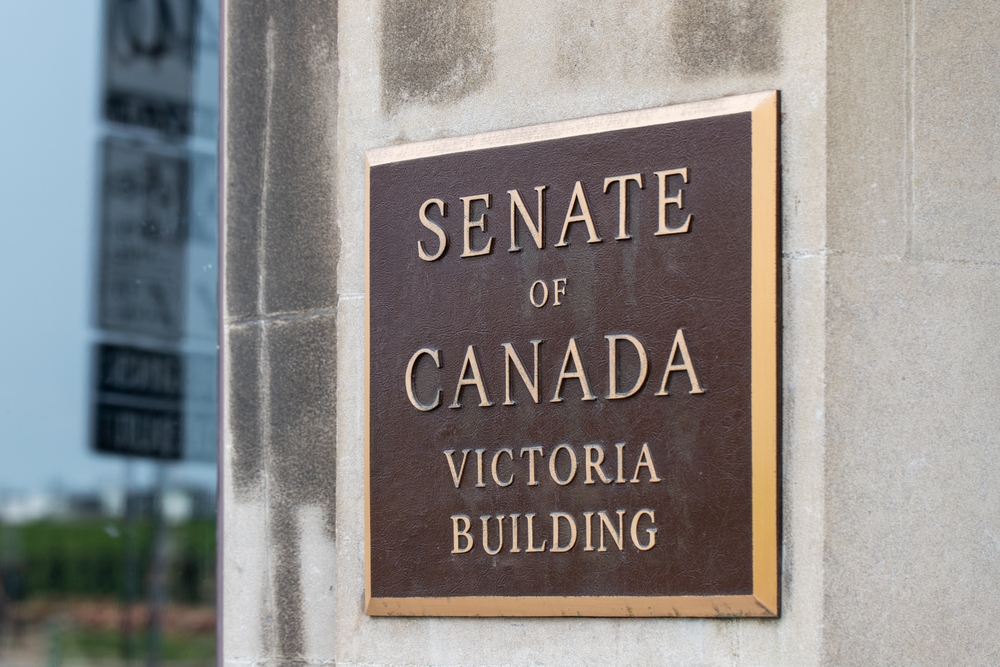
A group of Ottawa Senators players was unknowingly recorded in an Uber criticizing their coaches, team systems, and overall direction. The video went viral, turning a private venting session into a national sports scandal. It embarrassed the organization, fractured relationships, and reignited conversations about leadership, team culture, and media ethics. The scandal felt surreal: highly paid athletes casually complaining in the back of a rideshare, only to see their comments broadcast across the country. It highlighted the tension between transparency, player frustration, and the blurred lines between public and private life in modern sports.
The Pickton Case and Policing Failures (2000s)

The horrific crimes committed by Robert Pickton remain one of Canada’s darkest chapters. But part of the scandal lay in how long it took authorities to connect the disappearances of vulnerable women, many Indigenous, to a serial killer operating near Vancouver. Families had raised concerns for years, yet early warnings were mishandled or dismissed. The subsequent inquiries exposed deep systemic failures: miscommunication, prejudice, and lack of urgency. Canadians were shaken not only by the crimes themselves but by how institutions meant to protect communities fell short.
The Air Canada Tariff Drama (Multiple Incidents)
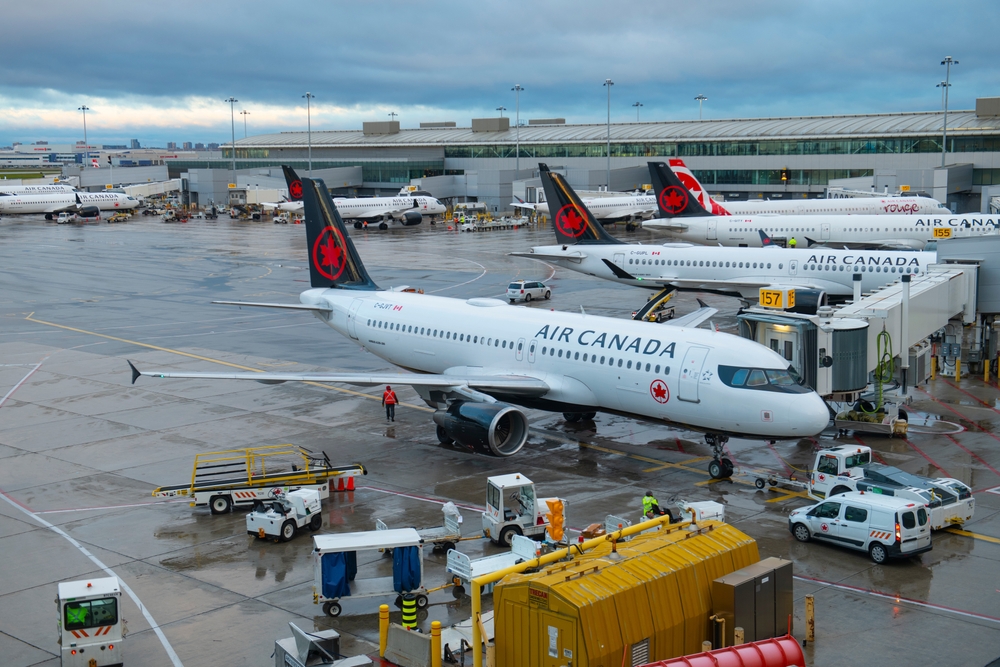
While not a single event, repeated controversies involving Air Canada have collectively formed a scandal Canadians still grumble about: denied boarding, damaged mobility devices, language-rights complaints, revoked loyalty perks, and headline-making customer-service meltdowns. Each incident seems small in isolation, but together they’ve created a long-running storyline that Canadians can’t quite believe persists at a national carrier. The scandals often spark federal investigations, apologies, or policy reviews. What stuns Canadians most is how frequently these issues resurface, reminding the public that customer experience at a major institution can unravel quickly — and loudly.
The Senate Expense Scandal (2012–2016)

The Senate expense scandal erupted when several senators were accused of improper housing and travel claims. What might have seemed like administrative errors ballooned into a national crisis involving audits, suspensions, repayments, and — in some cases — criminal charges. The scandal shook public confidence in an institution already seen as outdated. It triggered calls for reform, debates about abolishing or electing the Senate, and intense media scrutiny. The fallout reshaped expectations around transparency and spending oversight.
The Vancouver Stanley Cup Riot (2011)
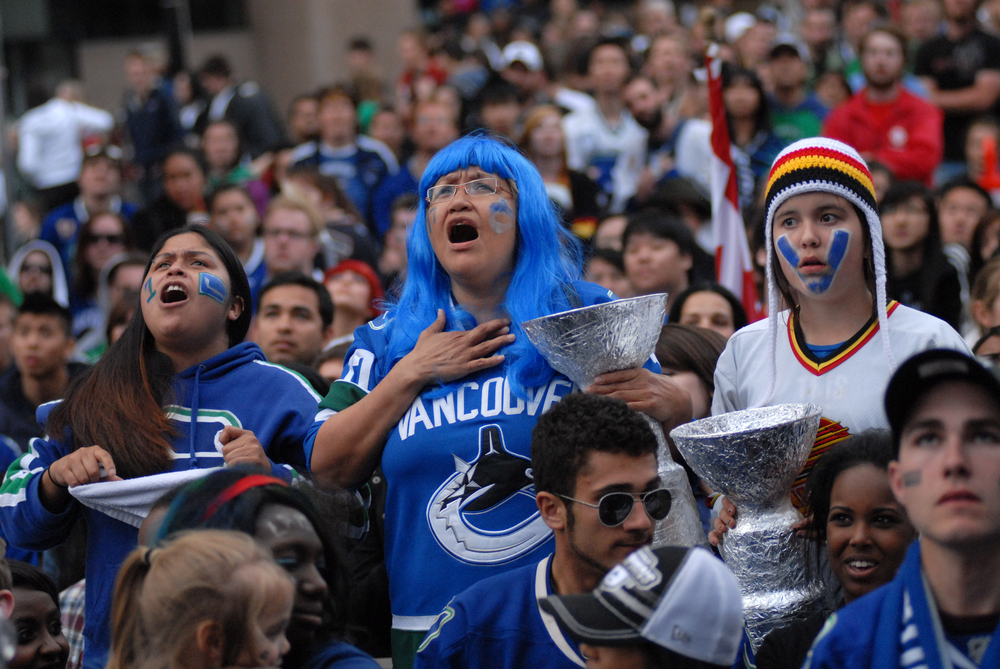
After the Canucks lost Game 7 of the Stanley Cup Final, downtown Vancouver erupted into chaos. Fires, smashed windows, looting, overturned cars — scenes more often associated with major geopolitical incidents than Canadian sports culture. Canadians watched in disbelief as thousands poured into the streets and social media captured every moment. The scandal wasn’t just the riot itself; it was how unprepared the city was, how quickly events escalated, and how deeply it contradicted Vancouver’s peaceful reputation.
The Toronto Raptors “Masai Ujiri–Sheriff’s Deputy” Incident (2019)
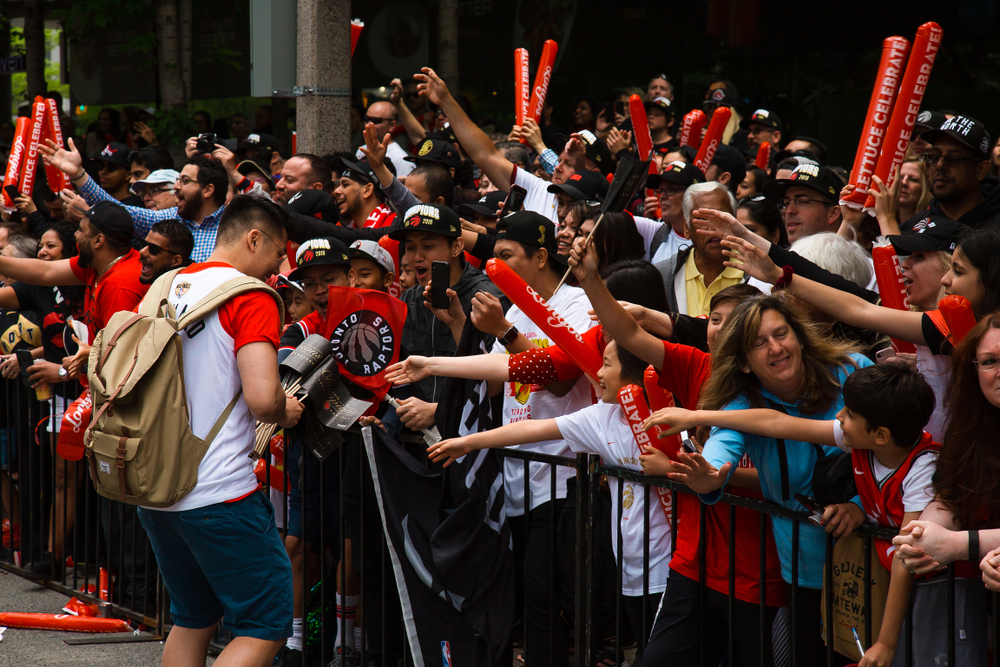
After the Raptors won their first NBA championship, an altercation occurred between team president Masai Ujiri and a sheriff’s deputy at Oracle Arena. Initial claims blamed Ujiri for being aggressive, but later bodycam footage revealed he had been shoved despite having credentials. Canadians were stunned as the truth unfolded, turning what should have been a celebratory moment into a scandal involving racial profiling, conflicting statements, and legal battles. The incident became a global story, sparking discussions on bias, authority, and how quickly narratives can shift.
Alanna Rosen is an experienced content writer that focuses on many finance and educational content. Her articles are regularly published on Web3Tribe and syndicated on large publications.